Seroquel Drug Abuse: Understanding the Risks and Realities
Seroquel, also known by its generic name quetiapine, is an atypical antipsychotic medication prescribed to treat a range of mental health conditions, including bipolar disorder, major depressive disorder, and generalized anxiety disorder. While it can be a vital tool in managing mental illness, the misuse and abuse of this drug have raised significant concerns. Understanding the complexities of Seroquel drug abuse is crucial for prevention and treatment.
What Is Seroquel?

Seroquel belongs to a class of medications known as second-generation antipsychotics. It works by altering the activity of neurotransmitters in the brain, helping to manage psychiatric symptoms such as severe mood swings, psychotic symptoms, and anxiety disorders. These effects make it invaluable for treating conditions like bipolar disorder and major depressive disorder. However, despite its medical benefits, its sedative effects have made it a target for misuse among vulnerable populations.
Off-Label Prescribing and Abuse
One of the challenges with Seroquel is its off-label prescribing. Physicians sometimes prescribe it for conditions not approved by the Food and Drug Administration (FDA), such as insomnia or generalized anxiety disorder. This off-label use can inadvertently contribute to the potential for substance abuse, particularly among individuals seeking its calming effects. As an atypical antipsychotic, Seroquel is sometimes preferred for its perceived lower risk of certain side effects compared to other antipsychotics. However, the misuse of Seroquel, like other atypical antipsychotics, still poses significant health risks. Off-label prescribing, while legal, requires careful monitoring to prevent misuse.
Seroquel’s Sedative Appeal

The sedative effects of Seroquel are one of the primary reasons it becomes a drug of abuse. Its ability to induce a state of calm or drowsiness can appeal to those dealing with high levels of stress, insomnia, or mental health symptoms. However, this recreational use increases the risk of dependency and adverse health outcomes.
Understanding Seroquel Drug Abuse
Seroquel drug abuse often stems from its calming and sedative effects. People may misuse the drug to self-medicate or achieve a euphoric state. Terms like “baby heroin” have emerged to describe the drug’s misuse, particularly among those who use it recreationally or in combination with illicit drugs. Additionally, some individuals may use Seroquel to counteract the stimulating effects of substances like cocaine, creating dangerous drug combinations. The Drug Abuse Warning Network has reported cases of misuse involving quetiapine.
Forms of Quetiapine Abuse
Intravenous Quetiapine Abuse: A rare but concerning form of misuse involves injecting the drug, often mixed with substances like cocaine. This method significantly increases the risk of infection and overdose.
Intranasal Quetiapine Abuse: Snorting quetiapine is another method of abuse that can lead to severe health risks, including damage to nasal passages and increased absorption rates.
Intentional Recreational Abuse: Some individuals misuse Seroquel to amplify the effects of other drugs, increasing the risk of addiction and adverse reactions.
Health Risks and Adverse Effects

Abusing Seroquel can result in numerous adverse effects, including:
Weight Gain: A common side effect that can lead to long-term health issues such as diabetes and heart disease.
Orthostatic Hypotension: A sudden drop in blood pressure upon standing, which can lead to dizziness and fainting.
Quetiapine Overdose: Symptoms can range from severe drowsiness and respiratory depression to life-threatening complications requiring emergency medical attention.
Seroquel Toxicity: Long-term abuse can damage vital organs such as the liver and kidneys, leading to chronic health problems and dependency.
Psychiatric Symptoms: Paradoxically, misuse can exacerbate underlying mental health conditions, worsening symptoms like anxiety or depression.
Health Risks: Misuse of Seroquel can also lead to unpredictable side effects, increasing risks during polysubstance abuse.
Withdrawal Symptoms
Withdrawal symptoms from Seroquel can be challenging to manage. These symptoms may include severe mood swings, heightened anxiety, insomnia, nausea, and other psychiatric symptoms. Withdrawal from antipsychotic drugs like Seroquel often requires medical intervention to ensure safety and comfort. Properly treating withdrawal symptoms is essential to prevent relapse and address the underlying causes of misuse.
Long-Term Impact of Withdrawal
The long-term effects of Seroquel abuse and withdrawal can include persistent psychiatric symptoms, difficulty regulating mood, and challenges in achieving stable mental health. This highlights the importance of seeking professional help during the recovery process.
Addiction Treatment for Seroquel Abuse
For those struggling with Seroquel addiction, professional help is crucial. Addiction treatment programs at drug treatment clinics or outpatient treatment centers provide comprehensive care, including:
Detoxification: Medical supervision to treat withdrawal symptoms safely and reduce the risk of complications.
Behavioral Therapy: Addressing the underlying causes of addiction and developing healthier coping mechanisms for stress and mental health symptoms.
Medication Management: Using other atypical antipsychotic drugs or medications to stabilize mental health symptoms and reduce the risk of relapse.
Integrated Treatment Approach
Effective addiction treatment addresses both the substance abuse and any co-occurring mental health disorders. An integrated approach ensures that patients receive comprehensive care tailored to their individual needs. This often includes family therapy, group support, and ongoing counseling to foster long-term recovery.
The Role of Mental Health Services
The Substance Abuse and Mental Health Services Administration (SAMHSA) and other organizations emphasize the importance of integrated care for individuals with co-occurring mental health disorders and substance abuse issues. Effective treatment addresses both conditions simultaneously to achieve long-term recovery.
Prevention and Education
Raising awareness about the risks of Seroquel abuse is essential for prevention. Educational programs targeting teens and young adults, particularly those at higher risk of misuse, can help reduce the prevalence of abuse. Additionally, healthcare providers play a crucial role by carefully monitoring prescriptions and educating patients about the risks of off-label use and misuse.
Conclusion
Seroquel drug abuse is a growing concern that requires awareness and action. While this medication serves a vital role in treating mental health disorders, its misuse, including quetiapine misuse and quetiapine addiction, can lead to serious health risks, dependency, and addiction. As a generic drug, quetiapine is widely available, which increases the potential for misuse. Education, prevention, and access to comprehensive treatment programs are key to addressing this issue. If you or someone you know is struggling with Seroquel abuse, seeking help from a mental health provider is a critical first step toward recovery. By addressing both the addiction and underlying mental health conditions, individuals can achieve lasting wellness and a better quality of life.
FAQ's
Seroquel is primarily prescribed for treating mental health conditions such as bipolar disorder, major depressive disorder, and generalized anxiety disorder. It helps manage severe mood swings, psychotic symptoms, and anxiety by altering neurotransmitter activity in the brain.
Seroquel is misused because of its sedative effects, which can induce a state of calm or drowsiness. This makes it appealing to individuals looking for relief from stress, insomnia, or mental health symptoms. However, misuse increases the risks of dependency and serious health complications.
Abusing Seroquel can lead to several health risks, including dependency, withdrawal symptoms, weight gain, orthostatic hypotension, and potential damage to vital organs such as the liver and kidneys. It may also exacerbate underlying mental health conditions.
Seeking help from a mental health provider or addiction treatment center is the first step. Comprehensive programs include detoxification, behavioral therapy, medication management, and support groups to address both the addiction and any underlying mental health conditions.










